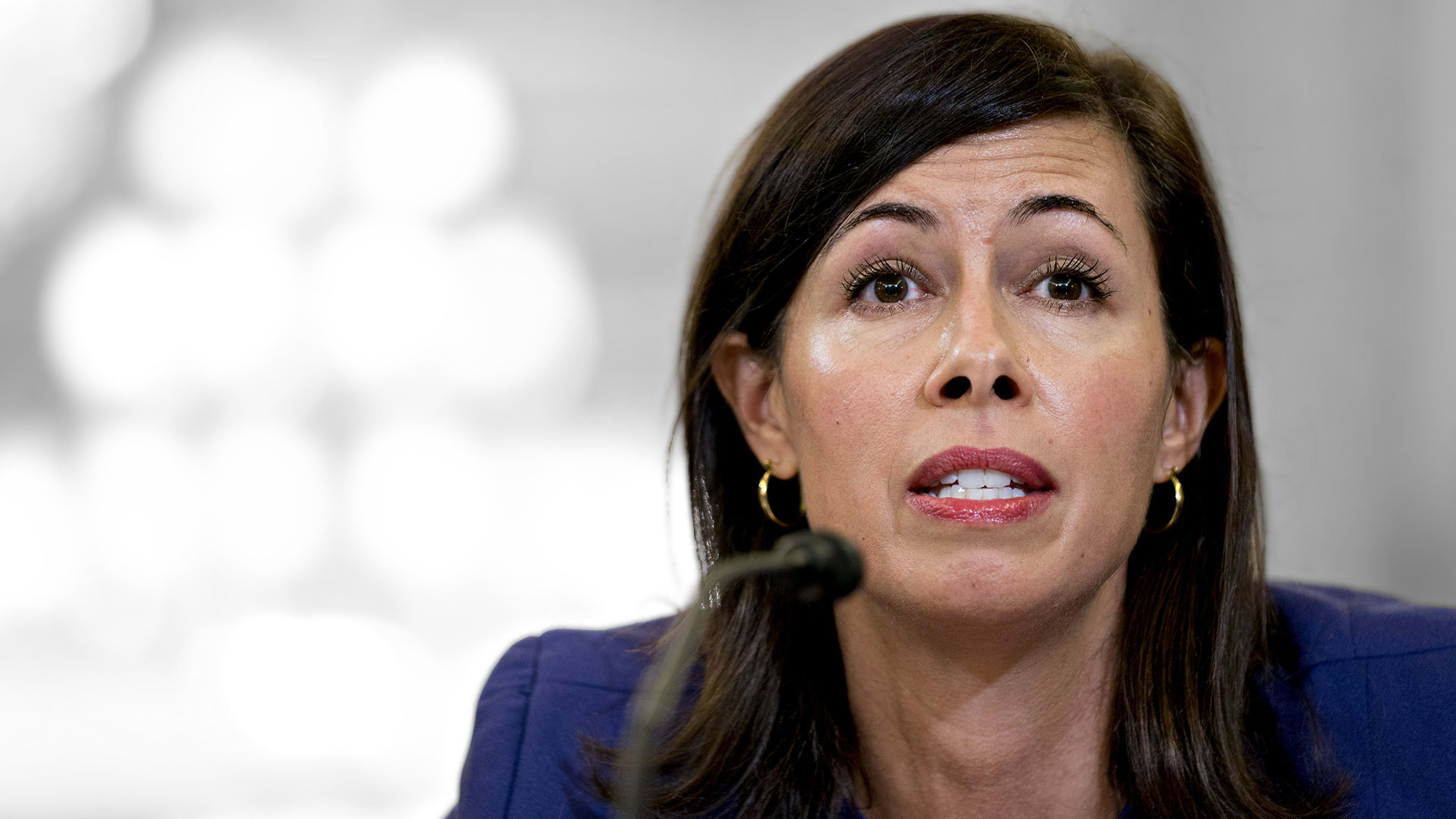Net neutrality could be making a comeback soon.
On Tuesday Jessica Rosenworcel, chairwoman of the Federal Communications Commission (FCC), announced plans to reinstate the policies, which prevent internet providers from blocking or slowing websites, on Tuesday.
That could set up a new battle in Washington, D.C., in the months to come.
Rosenworcel’s comments, made at the National Press Club, come on the heels of Democrats taking a majority control of the five-member panel (which has been split 2-2 since the beginning of the Biden administration). Anna Gomez, a Democrat, was sworn in as a commissioner Monday and Rosenworcel became chairwoman.
Rosenworcel is expected to formally propose reestablishing the standards at the FCC’s October 19 public meeting.
A brief history of net neutrality
Net neutrality, on a federal level, began in 2015, when the FCC adopted rules classifying ISPs as Title II under the Communications Act of 1934. That, effectively, meant providers were not allowed to use their power to discriminate against platforms, including blocking content or throttling speeds to competing sites.
The policy has been largely dead for five years, though. Former FCC chair Ajit Pai reversed the Obama-era policies in 2018, a move which was supported by telecom providers such as Comcast and Verizon, but opposed by large tech companies, including Google and Facebook. (Several major websites, including Reddit and Pornhub, protested the action as well.) Some states, including California, Washington, and Oregon, worked to enact their own net neutrality laws once the FCC ended the policy.
Pai resigned when Biden was inaugurated. And Biden has made restoring net neutrality a priority since taking office, but with the FCC commission deadlocked, he has been unable to make any real progress in that goal.
Legal battles loom
The return of net neutrality rules is likely to set off several fights on several fronts. Republicans have long been opposed to the policies and should Donald Trump or another Republican candidate win the White House next November, that could render Rosenworcel’s action moot. Broadband providers, meanwhile, are likely to oppose the rule changes as well, pointing to the lack of throttling by ISPs over the past five years.
“The big question here is how much more aggressive this commission plans to be than the Obama FCC Commission was in 2015,” says Tom Johnson, former general counsel at the FCC and a partner at Wiley Rein. “The Biden Administration has had a big focus on affordability and we already see this FCC making some aggressive moves . . . toward imposing affordability mandates on broadband providers.”
Regardless of any political or legal battles, net neutrality’s return won’t be a fast process. The FCC will have to vote on the matter, which will be followed by a public comment period, which can last several months. After that, the FCC will need to vote again.
That’s when legal challenges could begin to impact any changes.
FCC commissioner Brendan Carr, a Trump appointee, issued a preemptive statement before Rosenworcel’s announcement, quoting two former Obama Administration solicitors general, who suggested the Supreme Court would strike down attempts to reclassify broadband internet service to enforce net neutrality.
“As a former general counsel of the FCC myself, I would encourage my Commission colleagues to heed the judicious guidance offered by these top lawyers from the Obama Administration,” said Carr in a statement. “Heading down the path to Title II would not only push vital FCC matters onto the back burner, it would knock many of them off the stove altogether.”
Johnson notes that the reintroduction of net neutrality will come at roughly the same time the FCC needs to finalize digital discrimination laws for broadband providers (something it’s required to do as part of the Infrastructure Investment and Jobs Act of 2021).
The FCC is charged to adopt rules to facilitate “equal access” to broadband internet services and to prevent “digital discrimination of access based on income level, race, ethnicity, color, religion, or national origin.” How it drafts those along with any updates to how it hopes to bring back net neutrality could indicate how aggressive it will be in fighting ISP objections.
“A lot has happened since 2017,” says Johnson. “One big question is what is going to be the reason for restoring Title II now. What has happened between 2017 and today that make [the FCC] think we need to return to this. . . . We saw how well our networks functioned during the pandemic, so the burden is on the agency to justify moving back toward these regulations.”
Update, September 26, 2023: This article has been updated with the FCC’s announcement.
Recognize your brand’s excellence by applying to this year’s Brands That Matter Awards before the final deadline, June 7.
Sign up for Brands That Matter notifications here.
